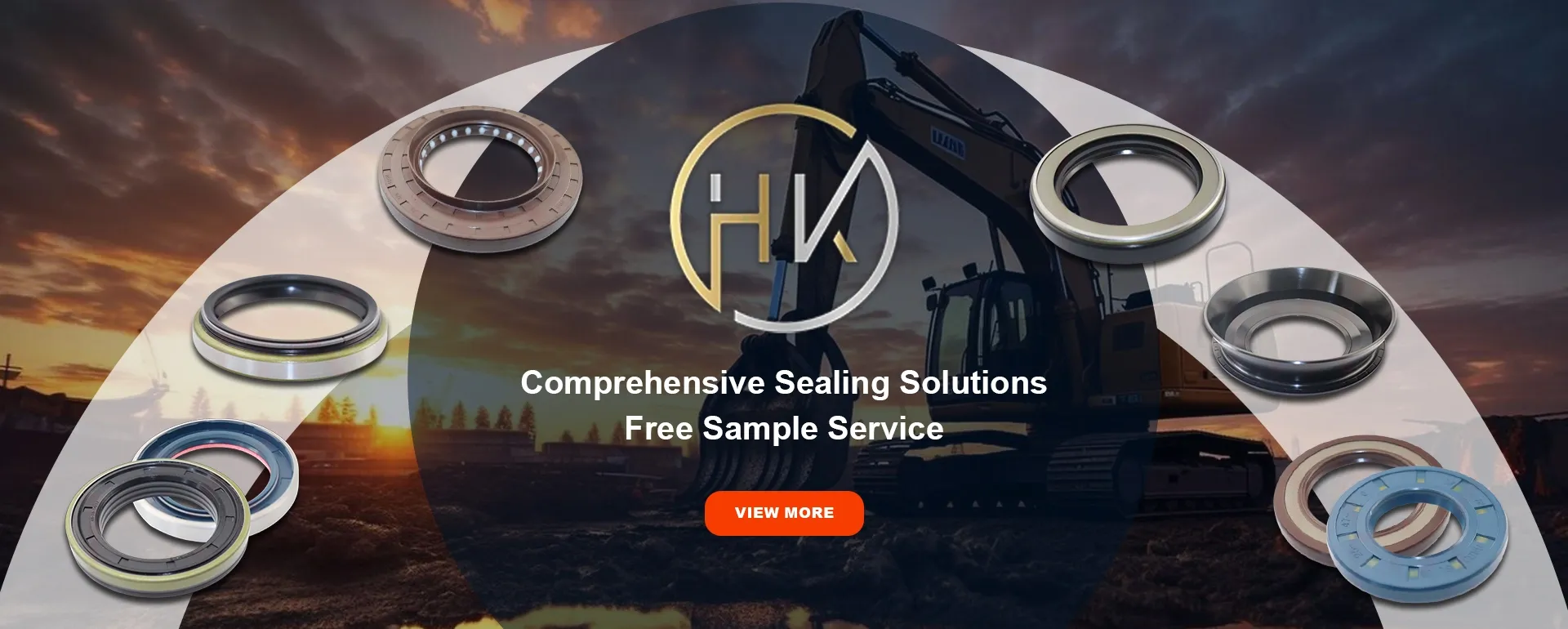Ноя . 08, 2024 09:17 Back to list
Understanding the Importance of Oil Seals in Mechanical Applications
Understanding Oil Seals The Key to Machinery Efficiency
Oil seals are essential components in various mechanical systems, playing a crucial role in maintaining the integrity and efficiency of machinery. These seals, also known as shaft seals or rotary seals, are designed to prevent the leakage of lubricants and fluids while simultaneously keeping contaminants out. As industries evolve, the importance of understanding oil seals continues to grow, given their critical part in ensuring the longevity and reliable operation of machines.
The Function of Oil Seals
At their core, oil seals are tasked with two primary functions retaining lubricants within a system and preventing external contaminants such as dirt, dust, and moisture from entering. This dual function is vital because any leakage of oil can lead to increased friction, overheating, and ultimately, machine failure. Conversely, the ingress of contaminants can cause significant damage, leading to premature wear and tear of components. Oil seals are typically made from elastomeric materials, such as nitrile rubber or silicone, which provide the necessary flexibility and durability to maintain a proper seal under various operating conditions.
Types of Oil Seals
There are numerous types of oil seals, each suited to specific applications. Some of the most common types include
- Lip Seals These are the most common type of oil seal, featuring a flexible lip that presses against the shaft to create a tight seal. They can accommodate both rotary and reciprocating motion.
- V-Ring Seals These seals provide a radial sealing action, making them suitable for applications with extreme oscillating movements. Their design allows for ease of installation and replacement.
- Metal-Cased Seals These seals combine the durability of metal with the flexibility of rubber, making them ideal for high-pressure and high-temperature applications.
oil seal

Understanding the specific requirements of a machine is essential when selecting the appropriate oil seal
. Factors such as temperature, pressure, shaft speed, and the type of lubricant used all influence the choice of seal.Installation and Maintenance
Proper installation and maintenance of oil seals are crucial for ensuring their effective performance. When installing an oil seal, it is important to ensure that the sealing surfaces are clean and free of debris. Any dirt or imperfections can lead to improper sealing, resulting in leaks and potential damage. Additionally, it’s important to avoid over-inserting the seal, which can cause distortion and decrease its effectiveness.
Routine maintenance checks are also recommended to identify any signs of wear or leakage early. Monitoring the condition of oil seals can save time and money by reducing the risk of unexpected machinery breakdowns.
The Importance in Industries
Oil seals find applications across various industries, including automotive, aerospace, manufacturing, and more. In the automotive sector, for instance, oil seals are critical in engines and transmissions to maintain optimal performance and fuel efficiency. In aerospace, oil seals are essential in hydraulic systems, where they ensure the integrity of fluid systems under extreme conditions.
The role of oil seals in industrial machinery cannot be overstated. They help in reducing maintenance costs, improving machine efficiency, and extending the lifespan of equipment. As industries strive for higher levels of efficiency and reliability, investing in quality oil seals becomes a priority.
Conclusion
In summary, oil seals are fundamental components in numerous mechanical applications, serving to protect and maintain the operational efficiency of machines. Understanding the different types of oil seals, their proper installation and maintenance, and their significance across various industries is crucial for anyone involved in machinery design, manufacturing, or maintenance. By prioritizing the right oil seals, businesses can enhance productivity, reduce costs, and ensure the longevity of their equipment. As technology advances, the development of more innovative and efficient oil seals will continue to play a vital role in the evolution of mechanical systems.
-
Unlocking the Potential of Hydraulic Systems with Essential Sealing Solutions
NewsAug.06,2025
-
Unleash the Power of Your Hydraulic Systems with Our Premium Seal Kits
NewsAug.06,2025
-
Specialized Hydraulic Seal Kits for Breakers, Pistons, and Presses
NewsAug.06,2025
-
Revitalize Hydraulic Systems with Premium Repair and Seal Kits
NewsAug.06,2025
-
Fortify Your Cylinders with Premium Sealing Solutions
NewsAug.06,2025
-
Elevate Hydraulic System Reliability with Specialized Seal Kits
NewsAug.06,2025
-
TCN Oil Seal Metal Ring Reinforcement for Heavy Machinery
NewsJul.25,2025
Products categories
















